Amid India-China standoff over Doklam, Chinese-Indians interned following the war of 1962 still struggle to find semblance of closure
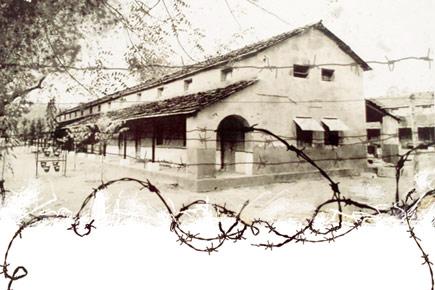
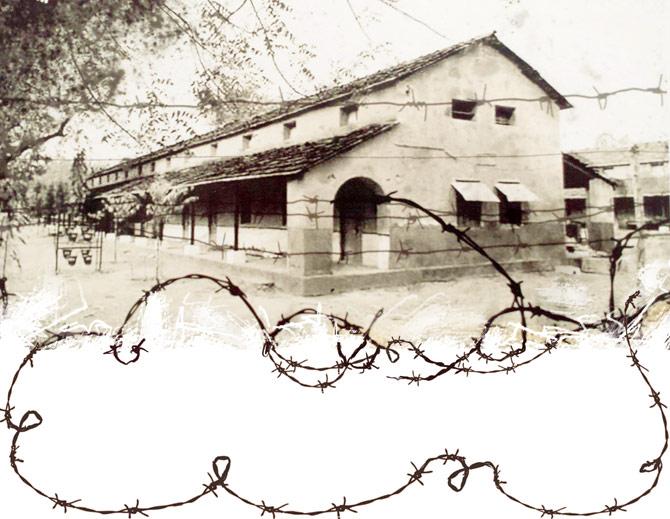
As India and China stay locked in a face-off over Doklam, Yin Marsh is cruelly snatched back in time. The 68-year-old resident of Berkeley, California, was only 13 when her family was uprooted by 'the midnight knock'. Marsh, her grandmother and her eight-year-old brother were picked up from their home in Darjeeling and sent packing to what has come to be one of India's biggest shames.
ADVERTISEMENT
Marsh joined nearly 3,000 Chinese-Indians incarcerated at an internment camp in Deoli, Rajasthan, following the Indo-China War of 1962, on the suspicion of being spies or Chinese sympathisers. Although the detention contravened both the Universal Declaration of Human Rights (to which India was a founding signatory) and the Constitution, it was authorised by the Defence of India Act, 1962, which permitted the "apprehension and detention in custody of any person [suspected] of being of hostile origin".
The Chinese-Indians were held at Deoli for years without trial; the last internees were not released until 1967. Thousands more were forcibly deported or coerced to leave India. Nearly all internees had their properties sold off or looted.
The incarceration has been compared with the internment of Japanese-Americans during World War II. However, unlike the US, the Indian government has not apologised or offered compensation to the internees.
It is this failing on the part of the State that Chinese-Indians continue to fight today. After seeking an apology in 2009 and the following year from then prime minister Manmohan Singh — there was no response either of the times — the Association of India Deoli Camp Internees (AIDCI) plans to stage a demonstration outside the Indian High Commission in Ottawa, Canada, on August 24. The AIDCI, a non-profit registered in Canada in 2009, seeks to help former internees and their children find some closure.
But will a government that has stayed silent for 55 years relent? "It is the most appropriate time for us to let our voices be heard. If we don't do it now, our silence will be responsible for any treatment meted out to other ethnic groups," contends Marsh. "Given the current scenario between the two countries (referring to the Doklam standoff), it is of the utmost importance to maintain peace."
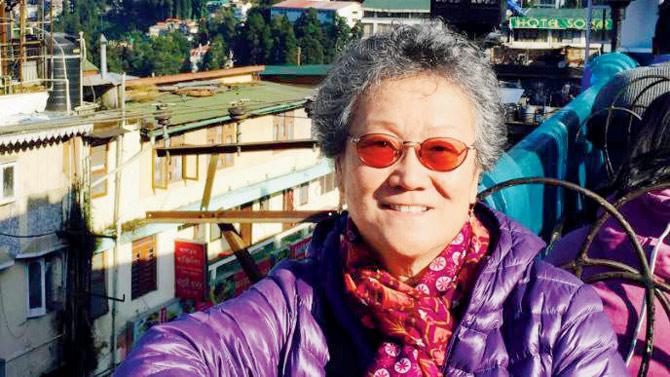
Yin Marsh wrote a book on the ordeal
The midnight knock
Marsh, who has authored a book, Doing Time With Nehru, on her experiences at the camp, says her family's internment — like for thousand others — came out of the blue. "We were a part of the community in Darjeeling. Everybody knew us and we got along really well. We had heard rumours of Chinese-Indians being picked up and disappearing overnight, and of the 'midnight knock', where people would knock on your door and make family members disappear."
Marsh's father was confident that his family would be untouched; he held liberal political views, which were not at all in line with the Communist regime in China, and also knew members of the CID. But one day in the winter of 1962, someone came knocking and took her father away, locking him up in a Darjeeling jail for a month.
"That was probably the most traumatic month of my life; my mother was in Nepal and my father had been taken. I wasn't told that he was in jail. This left my younger brother, grandmother and me to fend for ourselves," she says.
A month later, the dreaded knock came again, this time for them. The family was only told that they were being taken for a "safe spot for their own good". They were taken to the Darjeeling jail, where Marsh reunited with her father. "The following night, we were taken to the railway station and put in a train," says Marsh.
Four days later, they were in Deoli.
Deoli had been a camp for prisoners of war in the British era, once used to detain former prime minister Jawaharlal Nehru. Today, it is a training centre for the Central Industrial Security Force.
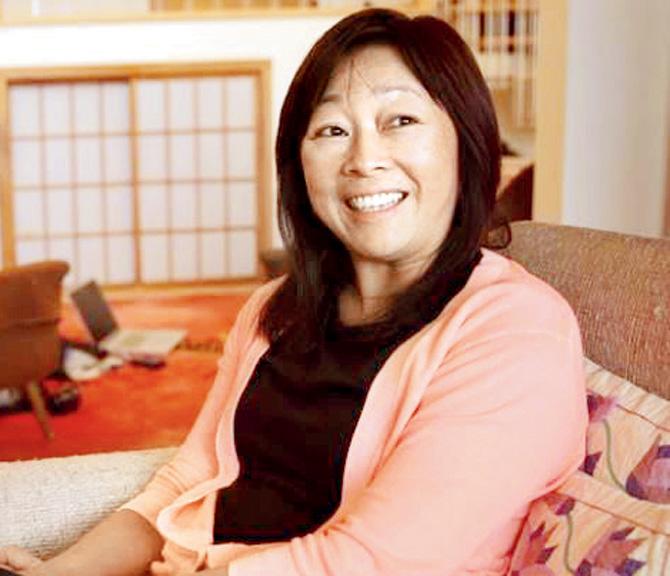
Joy Ma's family was "dumped in Calcutta" following the internment
Gripped by fear
Ying Sheng Wong, president of AIDCI who resides in Canada, clearly remembers the knock, when he was 17, that uprooted his family of eight from their home in Madhya Pradesh. "Around 4 am on October 19 that year, a lot of military personnel came to our house. They told us that the Indian government was taking us to a certain place and that we would return in a week. They kept assuring us that there was nothing to be scared of."
The family was taken to a Shillong jail, and made to hole up with criminals. A few weeks later, they were transferred to a Guwahati jail, and consequently sent in a train, along with scores of other Chinese-Indians, to Deoli.
Fear is largely what Wong associates the camp with. "The first time I saw the camp, I had no knowledge of where we were or what was happening. All of us were terrified. What had we done to deserve this? The only thing we felt was fear; nothing else."
Wong suffered another loss soon after; his father died during the incarceration. According to the Chinese tradition, family members clothe the deceased in new clothes for the funeral. "When his body came back, he had no clothes on. His flesh had melted in the intense May heat."
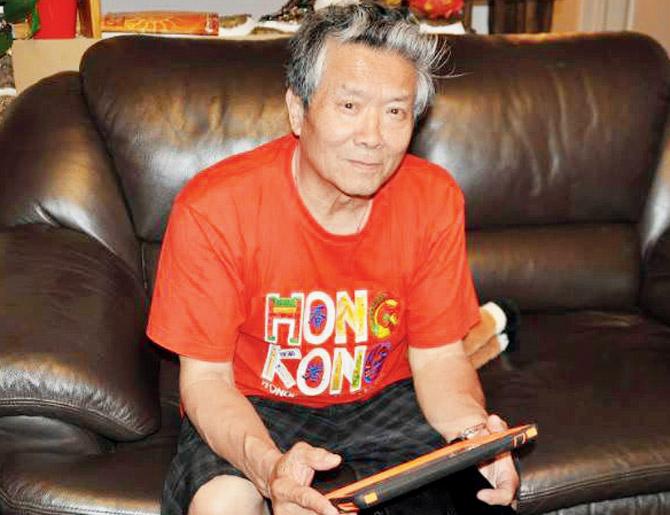
Ying Sheng Wong was 17 when he was uprooted and sent packing to Rajasthan
Painful betrayal
Berkeley resident Joy Ma, 54, who is one of the few to have been conceived and born at the Deoli camp, says most youngsters are oblivious to this massive human rights violation. Her family of four were celebrating the Chinese New Year in Alipurduar in north Bengal the day two trucks rolled into the compound and took them to a Siliguri jail in West Bengal. There, they were incarcerated for a month, and later sent to Deoli. The Ma family stayed at the camp from 1962-67, making them one of the last families to leave Deoli, after which they were "dumped in Calcutta".
"The 'Hindi-Chini bhai bhai' betrayal was a painful and humiliating experience, especially for the elderly. We were civilians and had nothing to do with the war," asserts Ma.
Wong's pain is as raw as ever. "Dukh toh us baat ka bohot hai (it hurts even today)," says the 72-year-old in impeccable Hindi. "What we went through should never happen anywhere again."
Also see: Then and Now: Smriti Irani's journey from a model to Union Minister
 Subscribe today by clicking the link and stay updated with the latest news!" Click here!
Subscribe today by clicking the link and stay updated with the latest news!" Click here!







